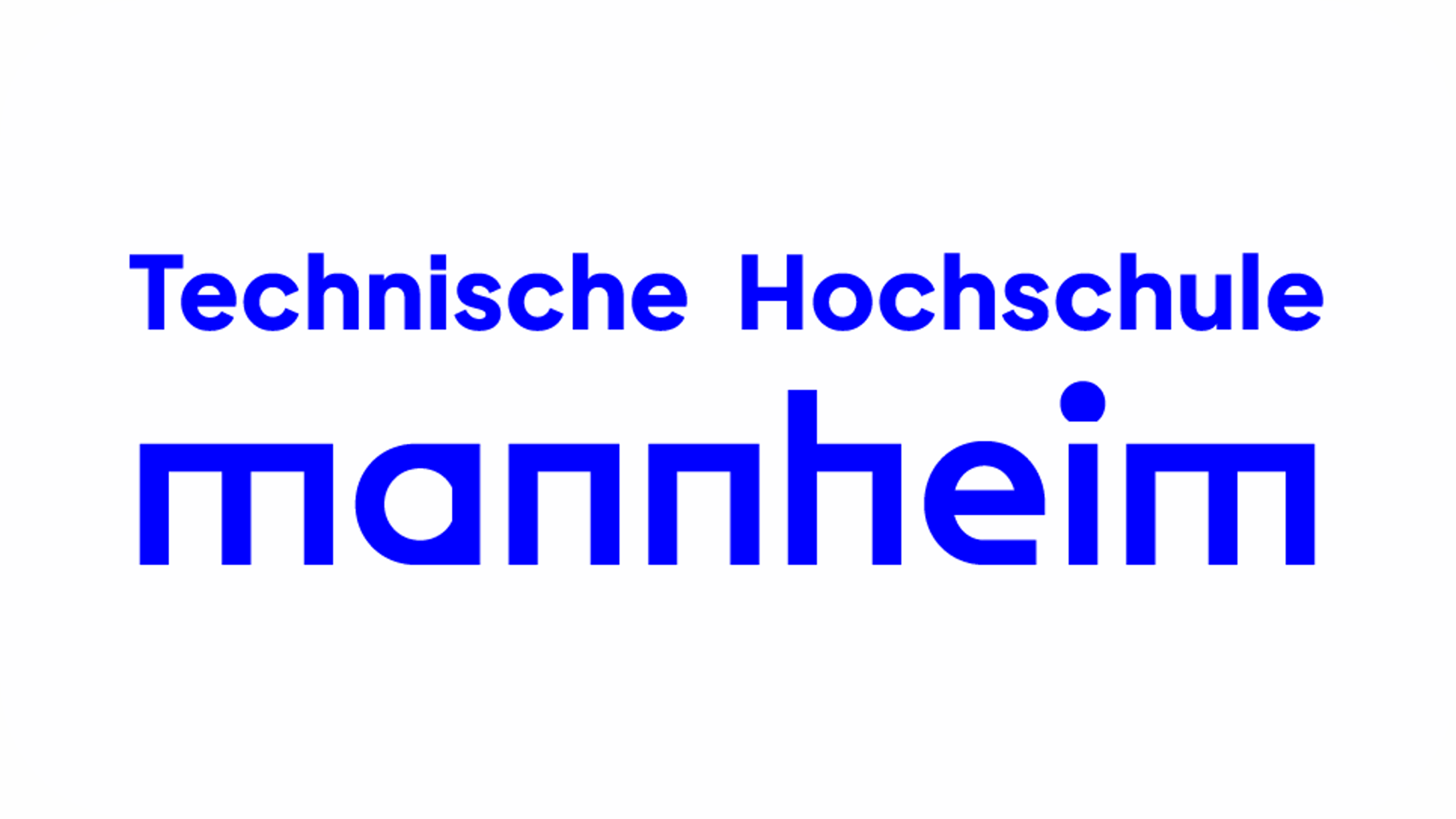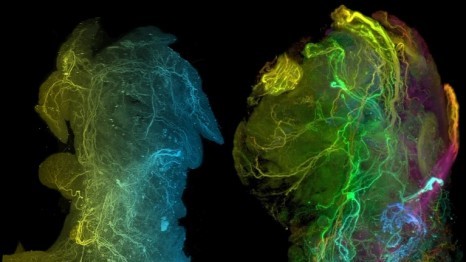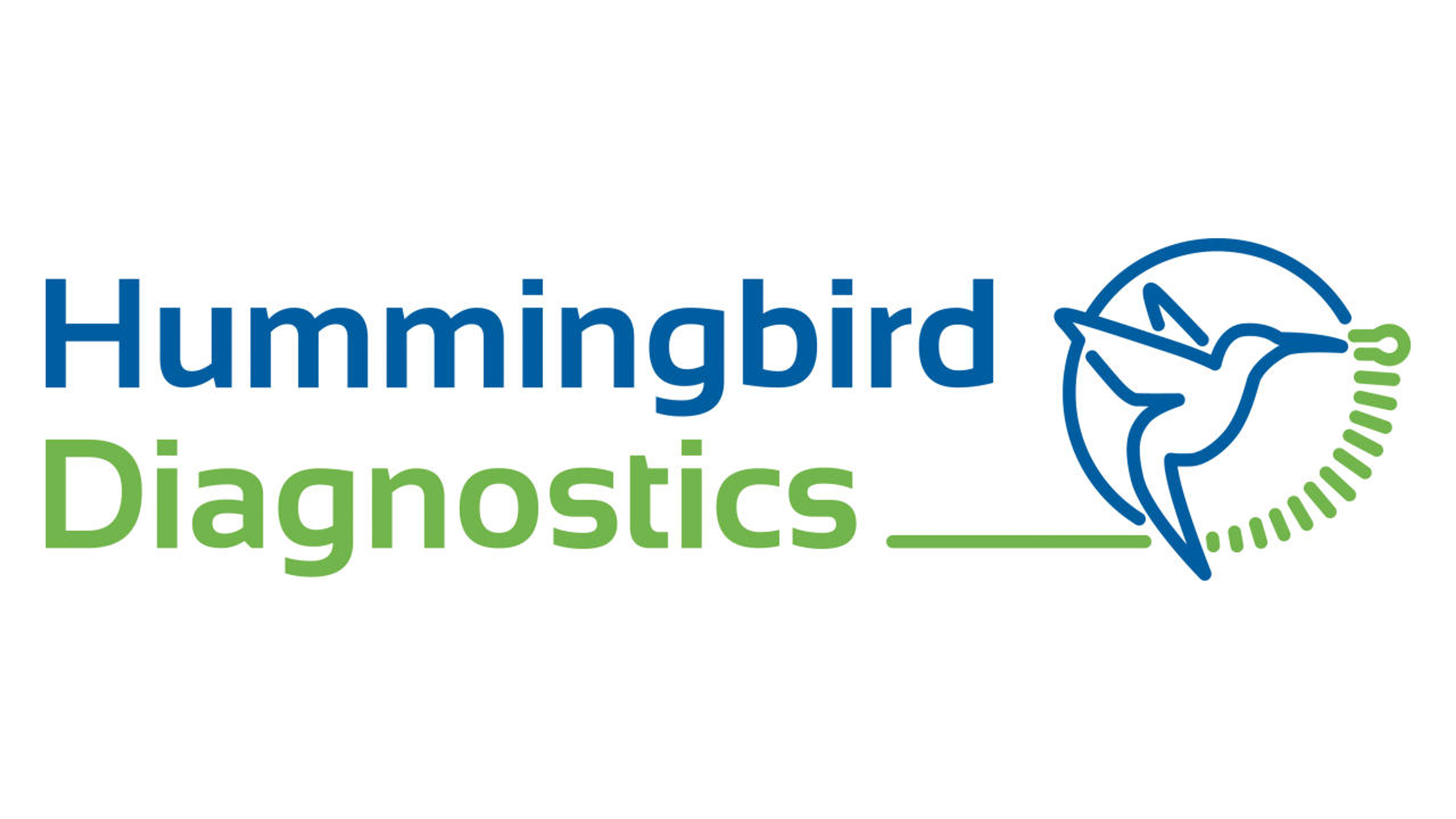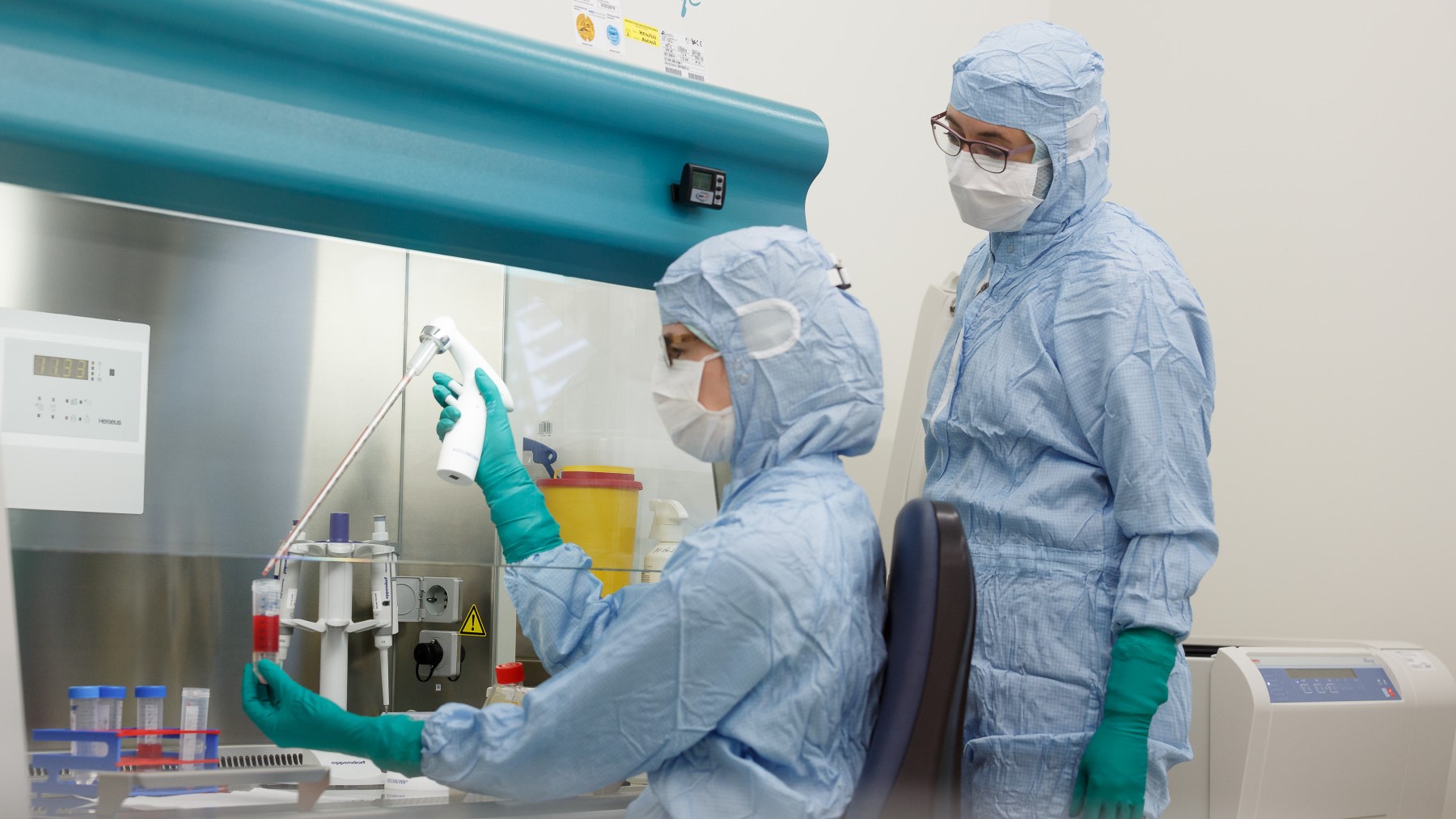
Research

Can the weakened immune systems of older individuals be rejuvenated? Researchers from the German Cancer Research Center (DKFZ), HI-STEM*, and the Broad Institute have demonstrated that this is possible with an innovative approach. In a study now published in Nature, the team showed that mRNA technology can be used to transform the liver in mice […]
read more
Sanofi’s Wayrilz approved in the EU as the first BTK inhibitor to treat immune thrombocytopenia
Sanofi’s Wayrilz approved in the EU as the first BTK inhibitor to treat immune thrombocytopenia Paris, December 23, 2025 – The European Commission has approved Wayrilz (rilzabrutinib), a novel, oral, reversible, Bruton’s tyrosine kinase (BTK) inhibitor, as a new treatment for immune thrombocytopenia (ITP) in adult patients who are refractory to other treatments. This follows the positive opinion by […]
read more
Sanofi to acquire Dynavax, adding a marketed adult hepatitis B vaccine and phase 1/2 shingles candidate to the pipeline
Sanofi to acquire Dynavax, adding a marketed adult hepatitis B vaccine and phase 1/2 shingles candidate to the pipeline Paris, December 24, 2025. Sanofi announced today that it has entered into an agreement to acquire Dynavax Technologies Corporation (Dynavax), a publicly traded vaccines company with a marketed adult hepatitis B vaccine (HEPLISAV-B®) and differentiated shingles vaccine […]
read more
New Publication: From Sample to Mixed Reality: A Translational 3D MALDI Imaging Platform for Advanced 3D Spatial Omics Analysis of 3D Cell Culture Disease Models
S. A. Iakab, J. Cordes, T. Enzlein, et al. “ From Sample to Mixed Reality: A Translational 3D MALDI Imaging Platform for Advanced 3D Spatial Omics Analysis of 3D Cell Culture Disease Models.” Adv. Sci. (2025): e16098. https://doi.org/10.1002/advs.202516098 Abstract Human 3D cell cultures, including spheroids and organoids, are essential biological models for translational pharmaceutical and biomedical research. However, their 3D analysis […]
read more
Nature Magazin featured HI-STEM publication on cancer neuroscience in Outlook article
Role of neural cells in tumor progression is becoming ever more evident. HI-STEM scientists published a landmark study in Nature elucidating the role of neural innervation in promoting the tumor progression in pancreatic cancer and how this cross-talk works. Now this study has been featured in an Outlook article in Nature Magazine. Full article can be […]
read more
A study establishes the molecular link between tumor metabolism and drug binding in cancer cells
Full text in German below. Eine Studie stellt die molekulare Verbindung zwischen Tumorstoffwechsel und Wirkstoffbindung in Krebszellen her Madison, WI USA. (09. Dezember 2025) Eine neue Studie, veröffentlicht in Nature Communications, zeigt technologische Vorteile, die Durchbrüche in der Präzisionsmedizin beschleunigen. Durchgeführt wurde sie als Zusammenarbeit zwischen Promega, dem Center for Advanced Study of Drug Action an der […]
read more
Hummingbird Diagnostics Publishes Study on RNA Biomarker Methylation in Liquid Biopsies
Revealing a new layer in lung cancer diagnostics using direct RNA sequencing HEIDELBERG, Germany, December 16, 2025 – Hummingbird Diagnostics GmbH, a pioneer in harnessing blood-based small RNAs for early disease detection and characterization, today announced the publication of a new study in Nature Communications Medicine introducing an Oxford Nanopore Technologies (ONT)-based method for detecting small RNA […]
read more
When partnership gets under your skin: How oxytocin and tenderness promote wound healing
Tenderness can literally get under your skin: An international research group led by Heidelberg University’s Medical Faculty and Heidelberg University Hospital has found that small skin wounds heal significantly faster in couples who are particularly affectionate with each other in everyday life and who also receive the hormone oxytocin. At the same time, they had […]
read more
Heidelberg University Hospital is the first German hospital to receive a special manufacturing license (hospital exemption permit) for CAR-T cells in leukemia therapy.
Heidelberg University Hospital (UKHD) is the first academic institution in Germany to receive a hospital exemption permit from the Paul Ehrlich Institute (PEI) for the manufacture and use of a novel cell product for the treatment of blood cancer. The drug “Heidagen-lecleucel” consists of modified, patient-specific immune cells known as chimeric antigen receptor (CAR) T […]
read more
